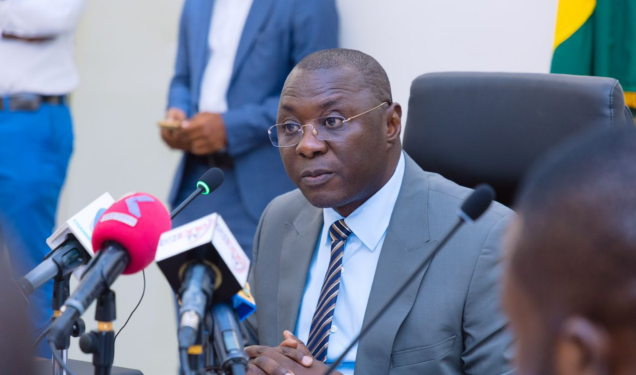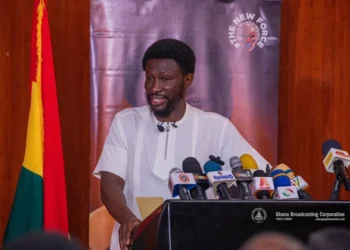The International Monetary Fund (IMF) has revealed that the government may reinstate the suspended 15 percent value-added tax (VAT) on electricity if the inflation rate continues to decline.
The government initially paused the implementation of the VAT on electricity following significant public backlash, particularly from residential consumers who feared the financial burden it could impose.
The VAT on residential electricity was initially introduced as part of a series of revenue-generating measures under the IMF-supported COVID-19 recovery efforts.
A letter from the Ministry of Finance, signed by former minister Ken Ofori-Atta and dated January 1, 2024, instructed the Electricity Company of Ghana (ECG) and the Northern Electricity Distribution Company (NEDCo) to apply the VAT to residential customers exceeding a certain consumption level.
However, the government suspended the planned implementation of the VAT on February 7, 2024, after Organised Labour threatened a nationwide demonstration against the tax. Organised Labour had warned that they would proceed with the protest on February 13, 2024, if the policy was not fully withdrawn.
The Ghana Statistical Service recently reported that annual inflation had decreased to 20.9 percent in July, the lowest rate in 28 months, down from 22.8 percent in June.
As inflation slows, the possibility of reintroducing the VAT on electricity remains on the table.
The IMF, in its July 2024 Country Staff Report, indicated that the government is likely to move forward with the VAT policy once inflationary pressures ease.










Discussion about this post